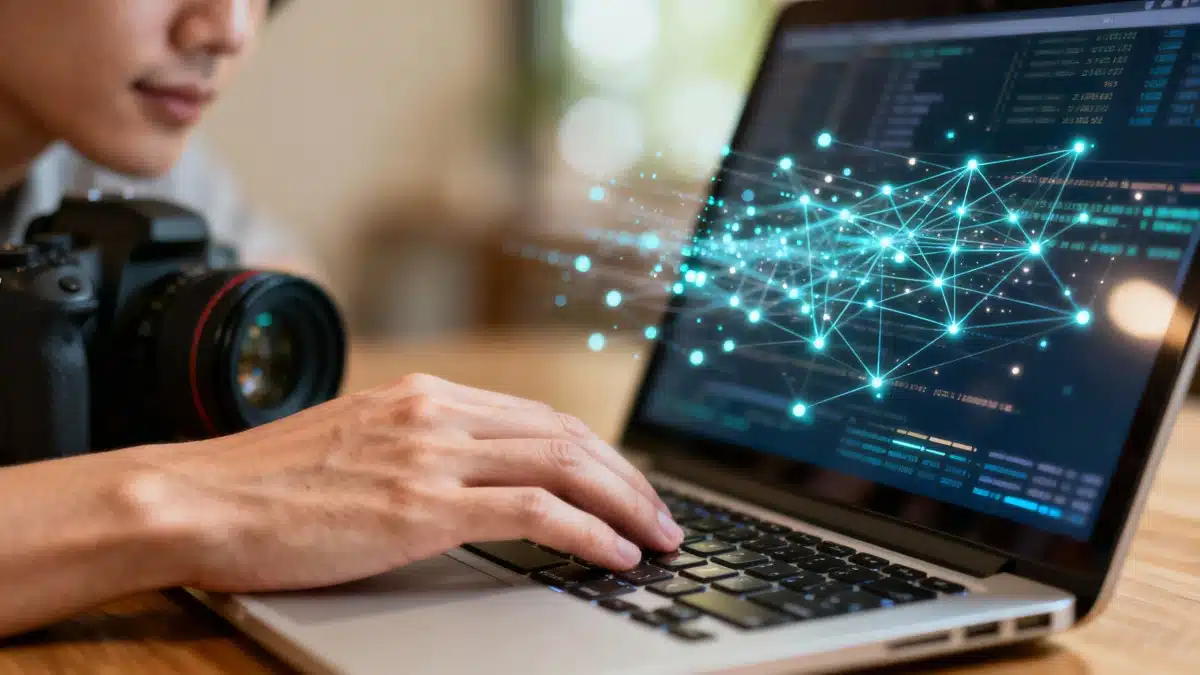What your IP address really reveals about you online
Think your IP address is just a boring number floating in cyberspace? Think again. This not-so-random string of digits knows more about you than you might like. Grab your digital raincoat, because we’re unpacking just how much your IP, device identifiers, and online breadcrumbs can say about you.
IP Address: Your Unintentional Online Signature
Your IP address is a number assigned by your Internet service provider (ISP) to every internet connection. It’s basically the ticket that gets your device a seat at the big internet table. But here’s where it gets spicy: your IP address isn’t always specific to your device, and it’s not always fixed. It can change over time and might even be shared with other users, depending on how your internet connection is set up.
Why does this matter? Your IP is used to route information across the web and display online content—including ads—on your connected device. So, when you click, stream, or shop, your IP is pointing the way.
Device Identifiers: Cookies, Codes, and Beyond
But wait, there’s more than just that IP number at play. Your device or browser also has a unique identifier linked through cookies or other storage technologies. These identifiers are either created or accessed to recognize your gadget—whether it’s on the same site, or, for the ambitious trackers, all across the internet on different sites and apps.
- Device identifiers help services recognize your gadget from visit to visit.
- They often rely on cookies or similar technologies to stay connected to your actions.
Feeling unique? Well, you are—at least to these tracking methods!
Probabilistic IDs and Mashups of the Modern Web
The internet gets even more cunning with “probabilistic identifiers.” These are stitched together by blending traits associated to your device—think browser type, operating system, and, you guessed it, your IP address. Agree to some extra data collection? Even things like installed fonts and screen resolution can be added to the mix, improving how accurately you’re recognized. These IDs are called “probabilistic” because several devices may look similar and share a connection, so it’s not foolproof… but it’s clever.
Probabilistic identifiers are used not only for recognizing your device on a single web page, but potentially across different pages, apps, and even platforms. And yes, this information can be used for things like targeted advertising or personalizing content. The upside? Less irrelevant ads. The downside? Well, say goodbye to full anonymity.
Online Activity, Location & What They Can Infer
So, what exactly can be pieced together from your IP address, device identifier, and online behaviors? More than you might hope:
- Your online activity: The websites you visit, apps you use, what you search for, how you interact with content, how many ads you see or click—it’s all observable and, in some cases, quantifiable.
- Data you enter: Information you share through forms—like feedback, comments, or during account signups (such as your age or job)—can enrich your digital profile.
- Inferred characteristics: What you might be interested in, potential shopping intentions, or your consumer profile can be modeled based either on your past activities (like what you read, watched, or clicked) or on direct details you’ve provided.
- Approximate location: Even if you never share your address, your IP can be used to guess where you are—at least within a radius of 500 meters. Hello, targeted advertisements for your neighborhood coffee shop.
Conclusion: Digital Footprints (Size: Extra-Large)
While your IP address alone might not scream your full identity, the combination of IP, device IDs, and your activity paints a strikingly detailed portrait. Modern tracking techniques can deduce your location, predict your interests, and even infer what you might buy next—sometimes with eerie precision. The next time you’re online, remember: you’re leaving more than just a cookie crumb trail. You’re leaving digital footprints—big, bold, and sometimes very telling. Stay curious, stay informed, and maybe review your privacy settings now and then—your digital doppelgänger is always watching.

John is a curious mind who loves to write about diverse topics. Passionate about sharing his thoughts and perspectives, he enjoys sparking conversations and encouraging discovery. For him, every subject is an invitation to discuss and learn.






